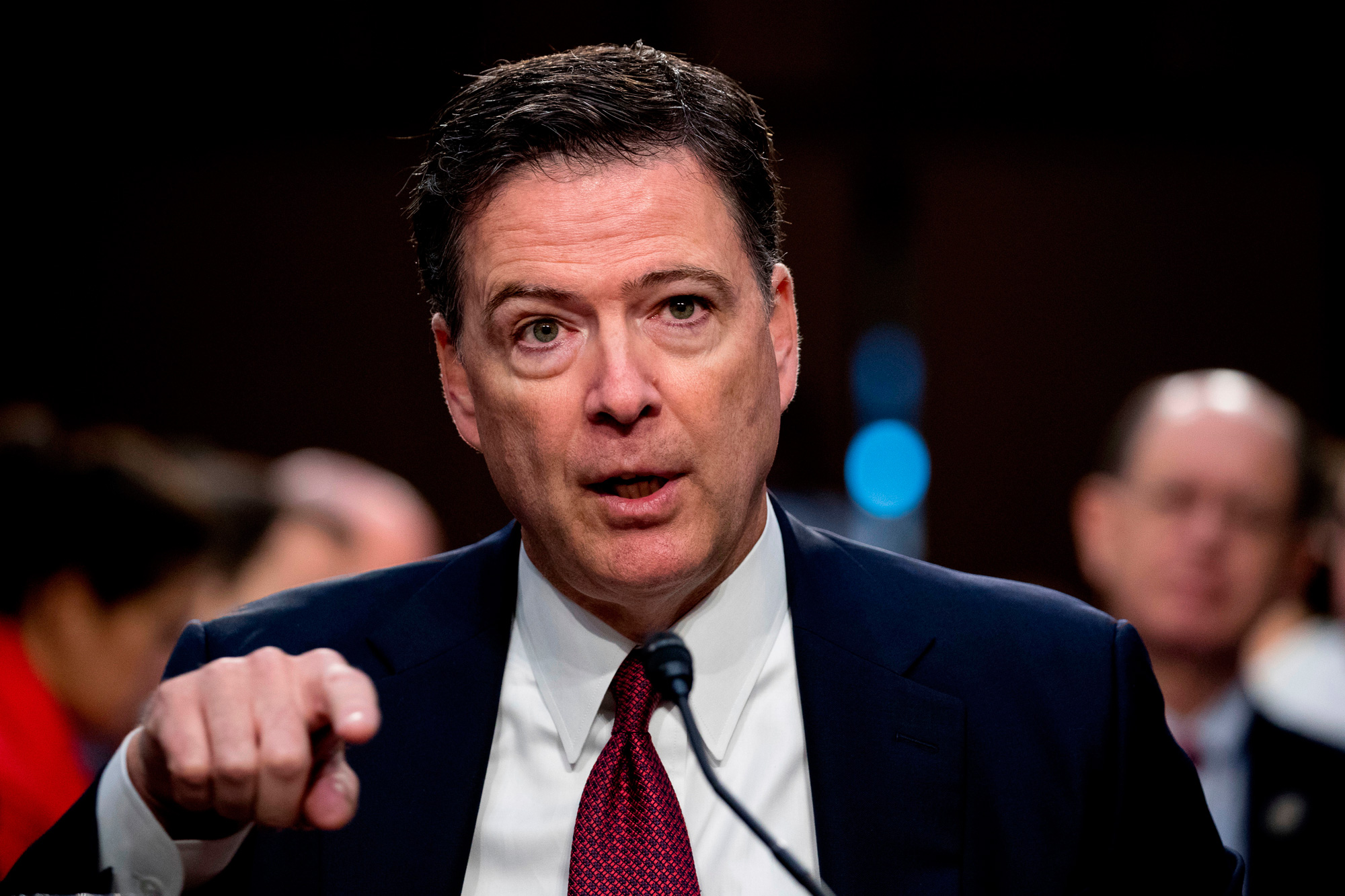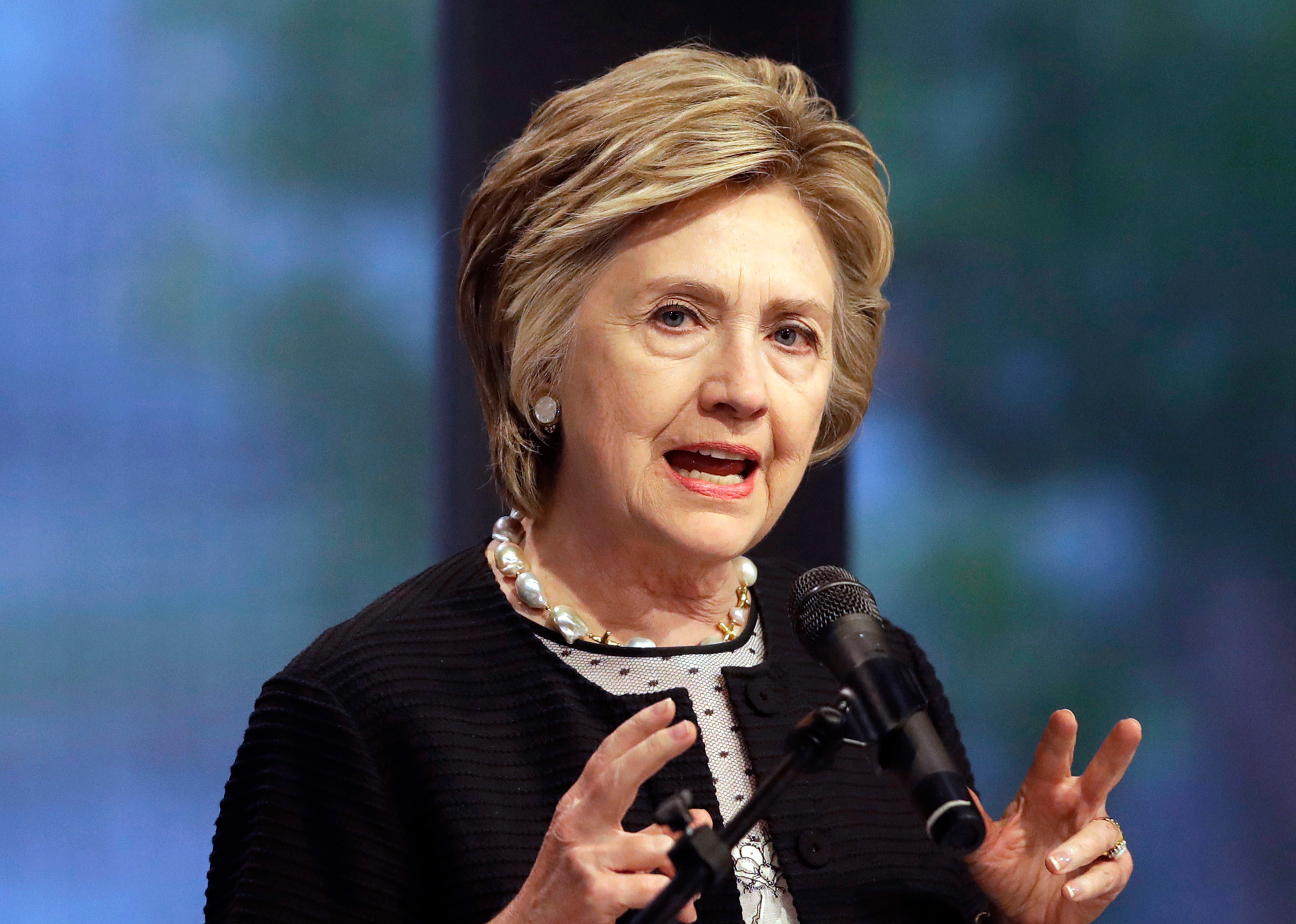President Trump told the White House counsel in the spring that he wanted to order the justice department to prosecute two of his political adversaries: his 2016 challenger, Hillary Clinton, and the former FBI director James B. Comey, according to two people familiar with the conversation.
The lawyer, Donald F. McGahn II, rebuffed the President, saying that he had no authority to order a prosecution. McGahn said that while he could request an investigation, that too could prompt accusations of abuse of power.
To underscore his point, McGahn had White House lawyers write a memo for Trump warning that if he asked law enforcement to investigate his rivals, he could face a range of consequences, including possible impeachment.
The encounter was one of the most blatant examples yet of how Trump views the typically independent justice department as a tool to be wielded against his political enemies. It took on additional significance in recent weeks when McGahn left the White House and Trump appointed a relatively inexperienced political loyalist, Matthew G. Whitaker, as the acting attorney general.
It is unclear whether Trump read McGahn’s memo or whether he pursued the prosecutions further. But the President has continued to privately discuss the matter, including the possible appointment of a second special counsel to investigate both Clinton and Comey, according to two people who have spoken to Trump about the issue.
He has also repeatedly expressed disappointment in the FBI director, Christopher A. Wray, for failing to more aggressively investigate Clinton, calling him weak, one of the people said.
A White House spokesman declined to comment. A spokeswoman for the FBI declined to comment on the President’s criticism of Wray, whom he appointed last year after firing Comey.
“McGahn will not comment on his legal advice to the president,” said McGahn’s lawyer, William A. Burck. “Like any client, the President is entitled to confidentiality. McGahn would point out, though, that the President never, to his knowledge, ordered that anyone prosecute Hillary Clinton or James Comey.”
It is not clear which accusations Trump wanted prosecutors to pursue. He has accused Comey, without evidence, of illegally having classified information shared with The New York Times in a memo that Comey wrote about his interactions with the president.
Trump’s lawyers also privately asked the justice department last year to investigate Comey.
New York Times News Service

Former FBI director James Comey speaks during a Senate Intelligence Committee hearing on Capitol Hill, in Washington. AP











